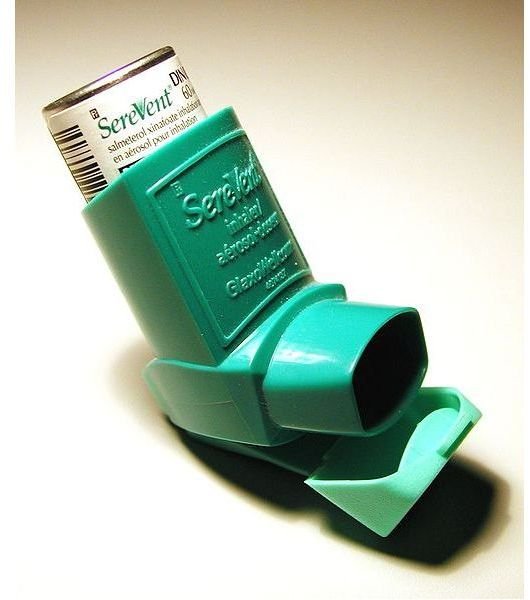List of Treatments for Asthma
Asthma
Over 20 million Americans suffer from some form of asthma. While not usually debilitating, the condition does cause numerous symptoms and around 500,000 hospital admissions every year, according to the Asthma and Allergy Foundation fo America. Asthma attacks occur when the airways and lungs become inflamed. Your airways swell and the muscles tighten. Fluids can also build-up. This causes the usual asthma symptoms of coughing, wheezing, breathing difficulties and tightness int he chest area.
Gaining control over you asthma can include using several methods among a list of treatments for asthma. The options for treating asthma work differently for each individual and it is important to discuss any methods with you primary care provider and work them into your asthma action plan.
Medications for Asthma
Asthma medication usually include a bronchodilator, usually delivered through an inhaler, for quick relief and an anti-inflammatory to help prevent attacks. Bronchodilators include albuterol, pirbuterol, terbutaline and levalbuterol. Quick-acting steroids, such as prednisone and hydrocortisone, may be used in serious attacks. Long-term asthma medications generally reduce inflammation. Choices include budesonide, fluticasone and montelukast. Your doctor will prescribe the medications suitable to the type of asthma, symptoms and triggers you have.
Asthma Breathing Techniques
Learning different breathing exercises to help with your asthma can supplement your conventional treatments. The options include the Papworth Breathing Technique, the Buteyko Method and Pranayama, or yoga breathing exercises. The Papworth exercises involve integrating relaxation with specific ways of breathing. The Buteyko Method combines health and dietary guidelines with breathing techniques to help with asthma and other conditions. Pranayama focuses on how to breathe along with different forms of yoga and relaxation.
Alternative Asthma Treatments
Alternative medicine, when used in conjunction with traditional and under a doctor’s supervision, might help control asthma. Options for alternative asthma treatments include herbs, supplements, acupuncture and homeopathy. Herbs such as boswellia, Asian ginseng, ginger and licorice have shown some promise in asthma treatments, according to the University of Maryland Medical Center. Supplements that might help include selenium, vitamin C, magnesium and omega-3 fatty acids. Acupuncture an homeopathy might improve symptoms in some individuals, but further study is needed before the extent of benefits are known.
Prevention
Avoiding asthma triggers can help with your treatment plan. Consider asking your doctor to perform allergy tests so you can identify any allergic triggers. Many asthma sufferers only have attacks as a result of exposure to allergens, such as smoke, dust, mold, animal dander and pollen. Taking steps to avoid the allergens or medicate them with allergy medications will help reduce asthma symptoms. Others have episodes due to intrinsic, or non-allergic, asthma. Some triggers include exercise, cold air, anxiety and stress. As part of your asthma treatment plan, learn your triggers to prevent asthma attacks.
References
AAFA: Asthma Overview
https://www.aafa.org/display.cfm?id=8&cont=5
Mayo Clinic: ASthma Meciations: Know Your Options
https://www.mayoclinic.com/health/asthma-medications/AP00008
UMMC: Asthma
https://www.umm.edu/altmed/articles/asthma-000015.htm
UMMC: Asthma Guide
https://www.umm.edu/careguides/000175.htm
Image credit: Wikimedia Commons/Mendel
